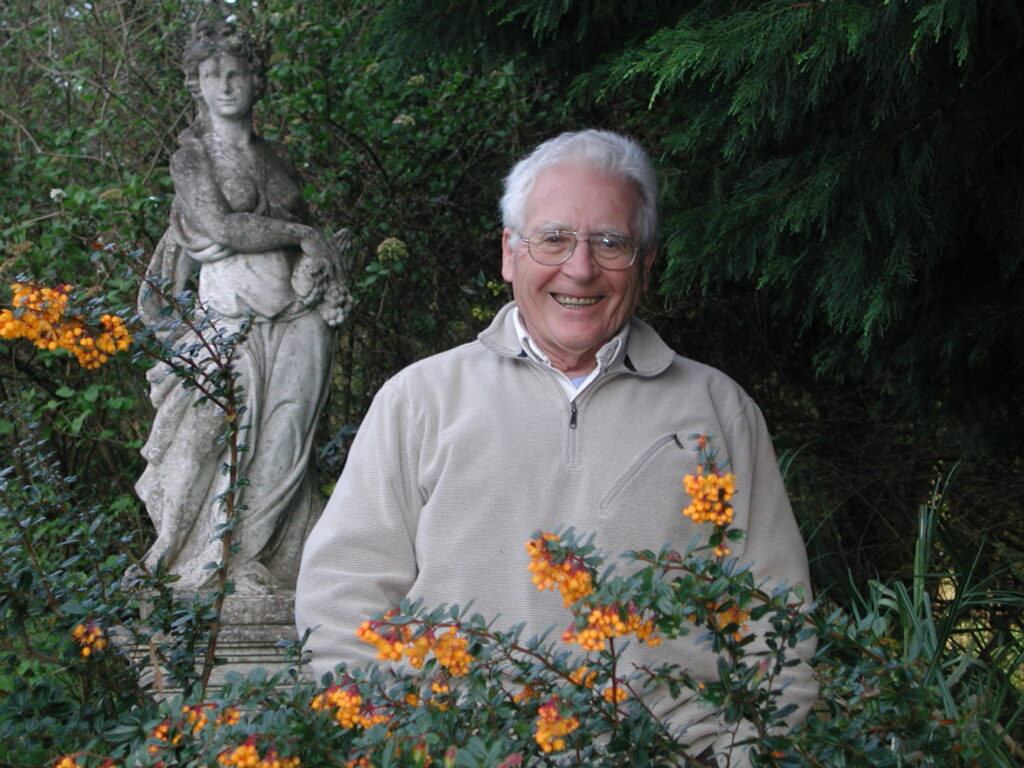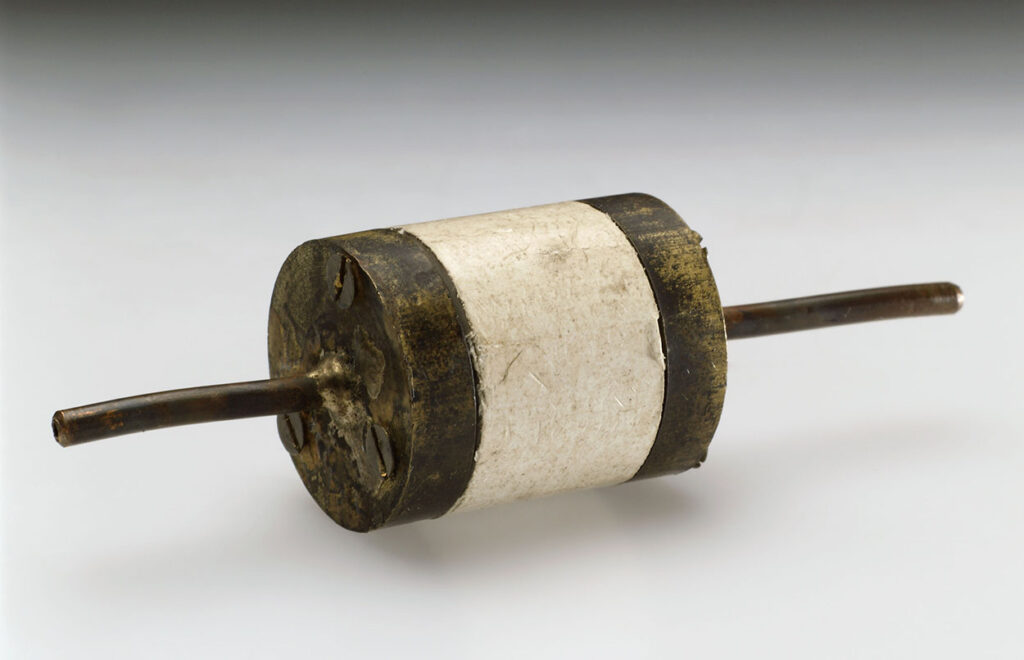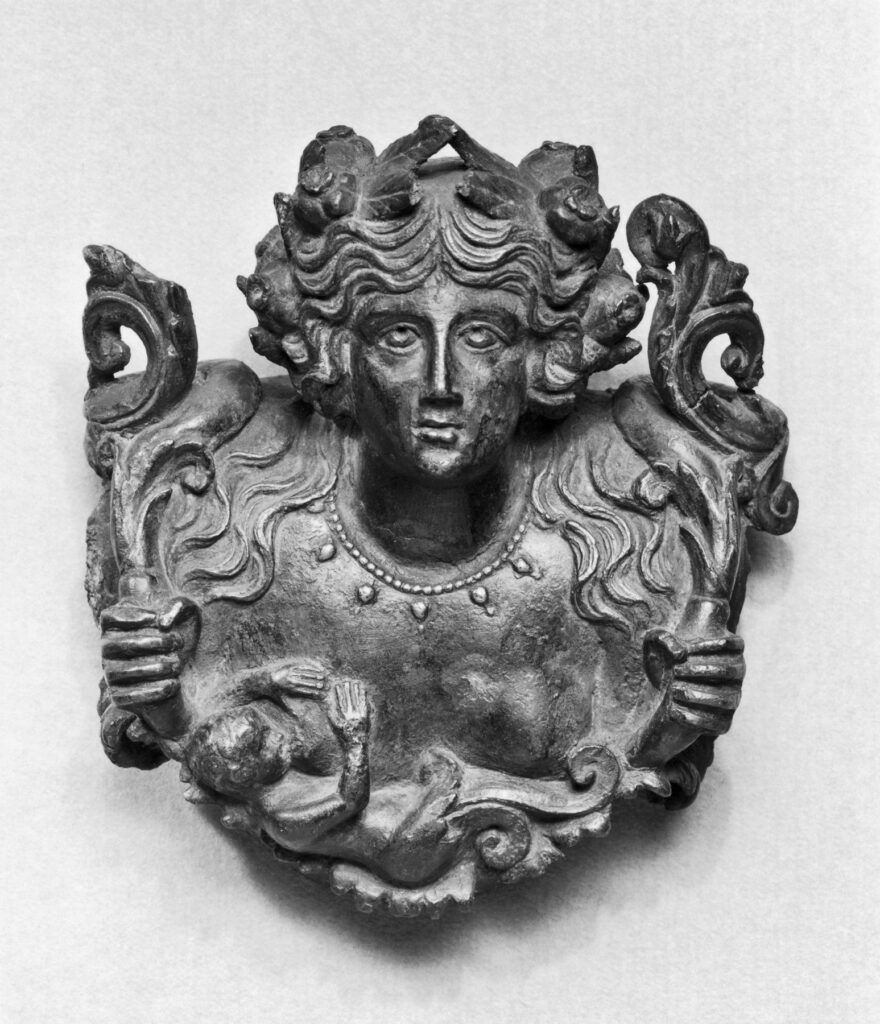Among the world’s most interesting paradoxes—military intelligence, jumbo shrimp, Cubs win—are the words and ideas of James Lovelock. As an environmentalist, he is both a pessimist and an optimist, the strident bearer of bad news and engagingly cheerful, a scientist and a prophet.

James Ephraim Lovelock was born on July 26, 1919 (correct, he is over 100). He loved the books of Jules Verne and H. G. Wells as a boy, which may explain his fascination with all things scientific and futuristic. He received a B.S. in chemistry in 1941, Ph.D. in medicine in 1948, and D.Sc. in biophysics in 1959—and a wall-full of honorary doctorates since (his list of awards and achievements would make this entry unreadable)… He spent two decades working for the British National Institute for Medical Research and a few years as a professor at Baylor University in Texas, where he did research for NASA and the Jet Propulsion Lab.
During those years, he invented a number of important scientific instruments; he has applied for about 50 patents. His most successful invention is the electron capture detector, used to detect the trace presence of chemicals. The device became a standard tool for finding contaminants in food and the atmosphere. The machine’s ability to detect DDT, PCBs and CFCs led to regulation of those contaminants, earning Lovelock’s an environmental status often compared to Rachel Carson’s.

In 1964, Lovelock quit working for others and became an independent scientist. He has spent the years since then exploring the complex relationships among the various components of the earth’s ecosystem. He originated the idea that the earth and its atmosphere comprise one “super-organism” in which the atmosphere, the earth’s physical surface and its biological inhabitants interact to regulate each other. He called this the Gaia Hypothesis (now more commonly called the Gaia Theory), after the Greek earth goddess. Once considered merely new-age mysticism, the theory is now a mainstream idea of climate science. Lovelock defines Gaia as “a complex entity involving the Earth’s biosphere, atmosphere, oceans, and soil; the totality constituting a feedback or cybernetic system which seeks an optimal physical and chemical environment for life on this planet.”

Lovelock holds strong environmental positions that put him at odds with other environmentalists. He considers most actions to improve the environment—recycling, banning plastic bags, “ethical consumption”—as useless, except that they make us feel better. He says, “I get an awful lot of people coming to me saying you can’t say that, because it gives us nothing to do.” He advocates nuclear energy over other forms of renewable energy, arguing, “You’re never going to get enough energy from wind to run a society such as ours. Windmills! Oh no. No way of doing it. You can cover the whole country with the blasted things, millions of them. Waste of time.”
He believes the earth will survive, though, just not the way it is now. The earth’s ability to self-regulate is vigorous, and the various parts of it will adjust to new conditions. Humans, however, might not survive, certainly not living the way we do in the numbers we now have. He has written more than a dozen books about the subject, the most recent of which, Novacene, was published in 2019, when he turned 100. The book predicts that highly intelligent robots will be able to figure a way out of the climate crisis, perhaps averting a major extinction event afterall. If so, then “Whatever harm we have done to the Earth, we have, just in time, redeemed ourselves by acting simultaneously as parents and midwives to the cyborgs.”
In the meantime, the upbeat side of Lovelock emerges. He says, “Well, I’m cheerful! I’m an optimist. It’s going to happen.” Asked what we should do now, Lovelock smiles, “Enjoy life while you can. Because if you’re lucky it’s going to be 20 years before it hits the fan.”
References:
Aitkenhead, Decca. 2008. James Lovelock: ‘Enjoy life while you can: in 20 years global warming will hit the fan.’ The Guardian, 1 Mar 2008. Available at: https://www.theguardian.com/theguardian/2008/mar/01/scienceofclimatechange.climatechange. Accessed April 2, 2020.
Jameslovelock.com Curriculum Vitae. Available at: http://www.jameslovelock.org/curriculum-vitae/. Accessed April 2, 2020.
Radford, Tim. 2019. James Lovelock at 100: the Gaia saga continues. Nature 25 June 2019. Available at: https://www.nature.com/articles/d41586-019-01969-y. Accessed April 2, 2020.
Rafferty, John P. James Lovelock, English Chemist, Doctor, and Author. Encyclopedia Britannica. Available at: https://www.britannica.com/biography/James-Lovelock. Accessed April 2, 2020.
